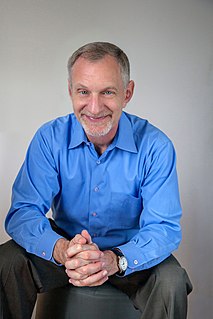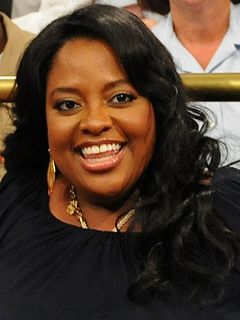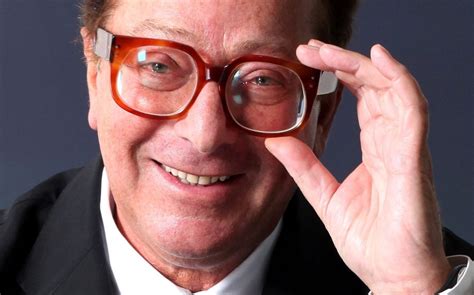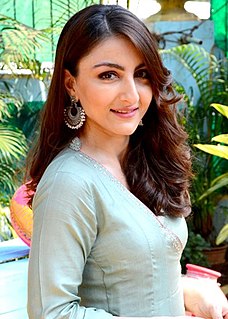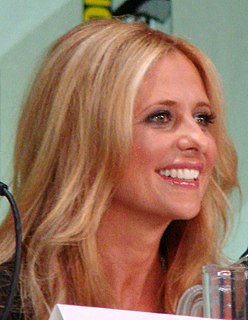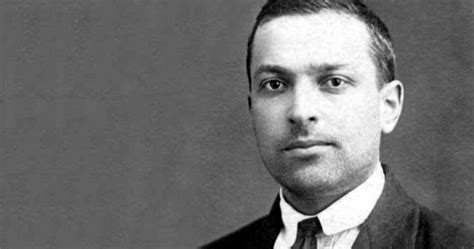A Quote by Robert J. Waldinger
Sibling relationships have been underemphasised in learning about child development.
Quote Topics
Related Quotes
When you learn conflict-resolution skills in the playroom, you then practice them on the playground, and that in turn stays with you. If you have a combative sibling or a physically intimidating, older sibling, you learn a lot about how to deal with situations like that later in life. If you're an older sibling and you have a younger sibling who needs mentoring or is afraid of the dark, you develop nurturing and empathic skills that you wouldn't otherwise have.
I've always had this interest in sibling relationships because I don't have any siblings. I'm completely a product of the one-child policy in China, so I always kind of wished that I had an older brother or a younger brother or sister just to have that bond, so I find myself constantly writing about that relationship.
The proper aim of education is to promote significant learning. Significant learning entails development. Development means successively asking broader and deeper questions of the relationship between oneself and the world. This is as true for first graders as graduate students, for fledging artists as graying accountants.
Every function in the child's cultural development appears twice: first, on the social level, and later, on the individual level; first, between people (interpsychological) and then inside the child (intrapsychological). This applies equally to voluntary attention, to logical memory, and to the formation of concepts. All the higher functions originate as actual relationships between individuals.
